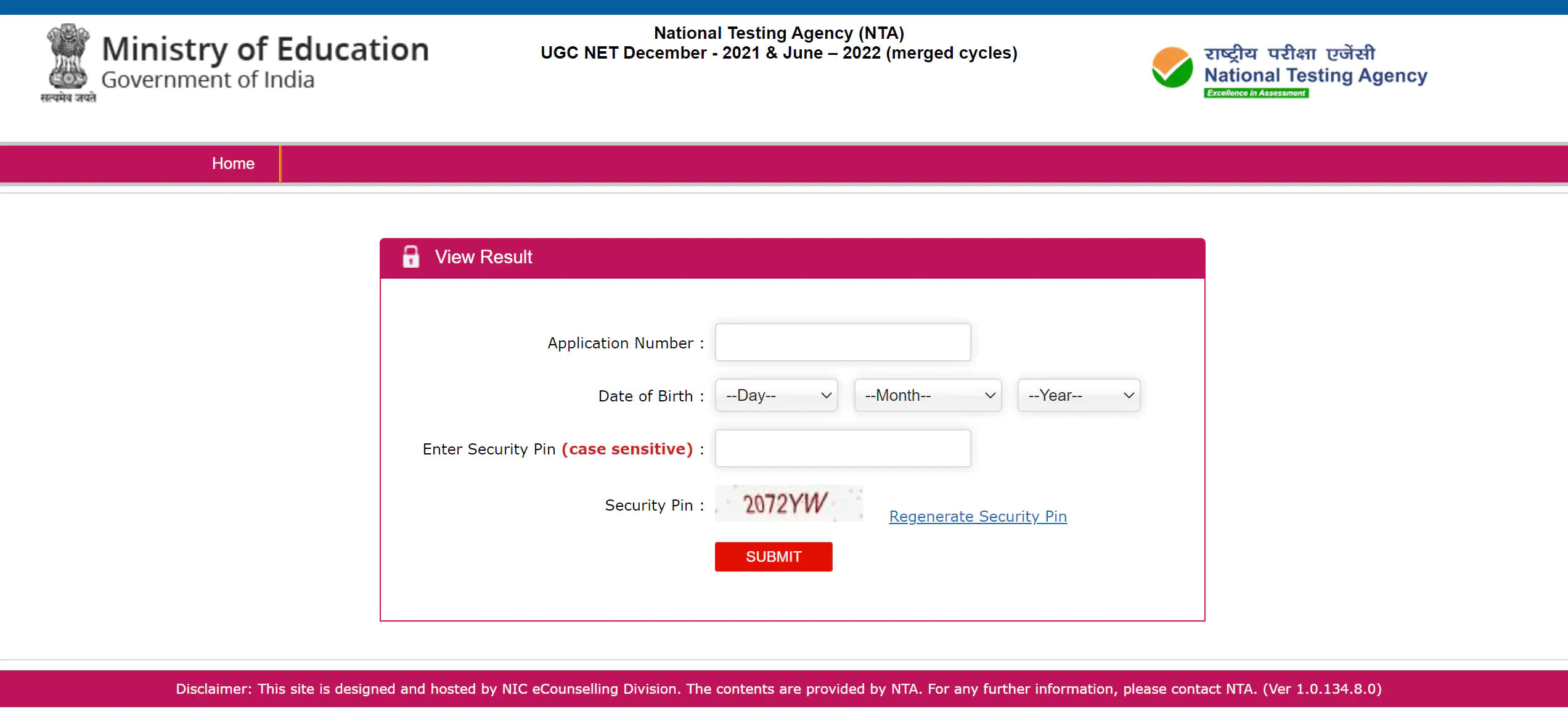The UGC NET Result 2024, a gateway to prestigious academic careers in India, is notorious for its intense competition and rigorous evaluation process. Amidst the pressure of securing a qualifying score, candidates often grapple with the complex and sometimes ambiguous issue of plagiarism. This article aims to demystify plagiarism in the context of UGC NET results and equip aspirants with strategies to ensure originality in their work.
What Constitutes Plagiarism in UGC NET Submissions?
The UGC defines plagiarism as the “presentation of another person’s work or ideas as one’s own without attribution.” This encompasses a wide range of scenarios, including:
- Copying verbatim: Directly lifting text or data from another source without proper citation.
- Paraphrasing without attribution: Rephrasing someone else’s ideas or arguments without acknowledging the original source.
- Mosaic plagiarism: Patching together snippets of information from various sources without proper citation, creating a seemingly original work that is, in fact, a compilation of plagiarized content.
- Self-plagiarism: Reusing significant portions of your own previously published work without proper citation.
Consequences of Plagiarism in UGC NET Result 2024
Plagiarism in UGC NET submissions is a serious offense with potentially dire consequences. The UGC can:
- Disqualify your candidature from the current exam cycle.
- Bar you from appearing in future UGC NET exams for a specific period.
- Cancel your NET fellowship if you have already been awarded one.
- Damage your academic reputation and future career prospects.
Strategies to Avoid Plagiarism in UGC NET Submissions
To safeguard yourself from the pitfalls of plagiarism, adopt the following strategies:
- Practice meticulous citation: Always cite your sources accurately and consistently, regardless of whether you are directly quoting, paraphrasing, or summarizing existing work. Use a standard citation style guide like APA or MLA.
- Paraphrase ethically: When paraphrasing, ensure you are not simply rearranging words; demonstrate your understanding of the concepts by rephrasing them in your own unique language.
- Use plagiarism checkers: Utilize online plagiarism detection tools to identify any unintentional plagiarism in your work. However, remember that these tools are not foolproof and should not be solely relied upon.
- Maintain meticulous records: Keep track of all the sources you consult during your research and preparation, including books, articles, websites, and online forums. This will make it easier to properly cite your sources when writing your answer booklets.
- Seek guidance from mentors: Consult your professors, research supervisors, or experienced NET qualifiers for guidance on proper citation practices and ethical academic writing.
Conclusion:
Navigating the complexities of plagiarism in the context of UGC NET can be daunting. However, by understanding the rules, adopting ethical research practices, and utilizing available resources, aspirants can safeguard their hard work and ensure the originality of their submissions. Remember, academic integrity is paramount in your academic journey, and upholding it will pave the way for a successful and rewarding career in academia.
I hope this article provides a comprehensive and informative overview of plagiarism in the context of UGC NET results. Remember, originality is key to success in any academic endeavor, and by adopting the strategies outlined above, you can confidently approach your UGC NET examination with full transparency and integrity.
